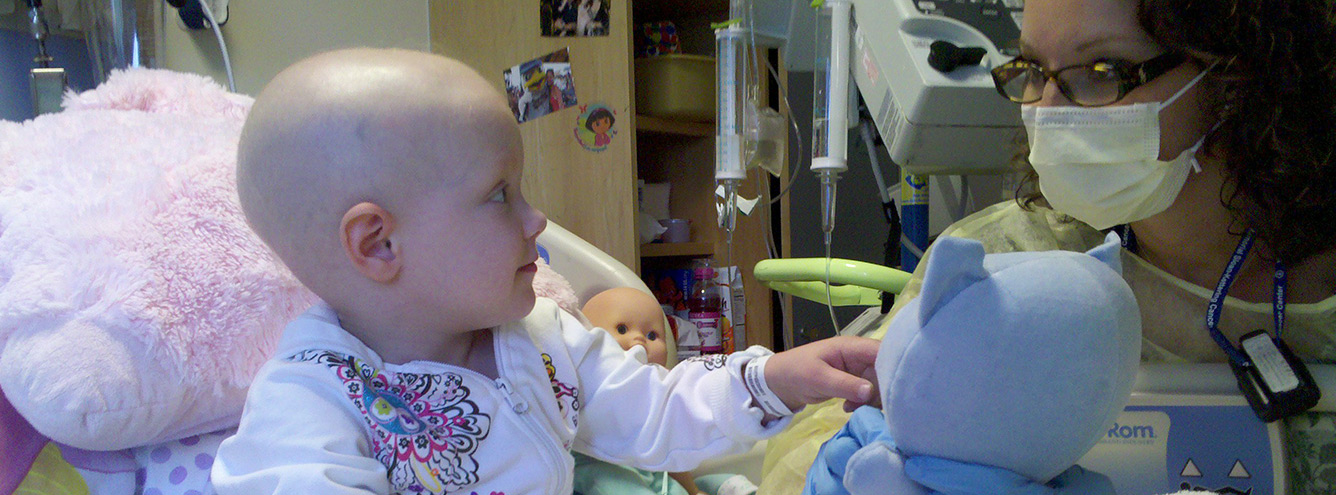Children under great stress are rarely deliberately aggressive, defiant or destructive.
They are simply overwhelmed, and need compassion and understanding to help them navigate their experiences. They also need to be taught how to cope well with their very strong emotions.
Self-expression activities, exercise, relaxation, therapeutic massage and positive routines all help children process their experiences safely and reduce stress.
Art Therapy
Art is soothing and therapeutic. Making something beautiful raises children’s spirits. if your child likes to draw, paint or do other artwork, encourage these activities, but recognise too that powerful emotions may surface through them.
Allow your child to be totally in charge of the art – do not limit creativity with rules or expectations. Praise efforts and display the artwork in your home, if your child would like you to.
Invite your child to tell you about the art, but don’t insist on this – some children like to keep their explanations private, and creating the art is in itself an emotional release. Do not inter¬pret the art yourself or disagree with your child on what it represents. Your support and interest will help you both explore ways to let go of strong feelings.
Physical Activity
Help your child find constructive ways to let off steam. Riding a bike, running in the garden, going high on a swing, kicking a football, punching a pillow, hammering nails into wood, ripping paper and moulding clay are all very good ways to reduce stress.
Relaxation
Simple breathing exercises can reduce anxiety and stress. Your entire family can experience deep calm by learning and practicing these techniques.
You can promote healthy breathing by encouraging young children to blow bubbles. This requires a deep in breath and slow, regular out breath which helps calm the body and focus the mind.
Soft, lullaby-like music with a gentle rhythm is also a very powerful in relaxing the body and mind. Some research has shown that with repeated regular exposure to music, the heart can reset itself to beat in time with the tempo.
Therapeutic Massage
Touch is a very powerful form of communication. Massage promotes the physical connection between parent and child, during stressful experiences and in everyday life. Therapeutic massage relaxes the body by stimulating release of oxytocin, a natural analgesic. Gentle strokes reduce tension and regulate breathing.
The child feels loved and protected through positive touch. The parent is also calmed by it, feeling peace and warmth through the interaction with their child.
Positive Endings
As often as possible, end the day on a positive note. Try to do the following every evening, even If your relationship with the children has been strained that day. At bedtime, both parents and children share with one another:
- Something from the day that made you feel proud.
- Something you like about yourself and one another.
- Something you are looking forward to the next day.
A big hug and a sincere “I love you” bring the day to a calm and loving close.


